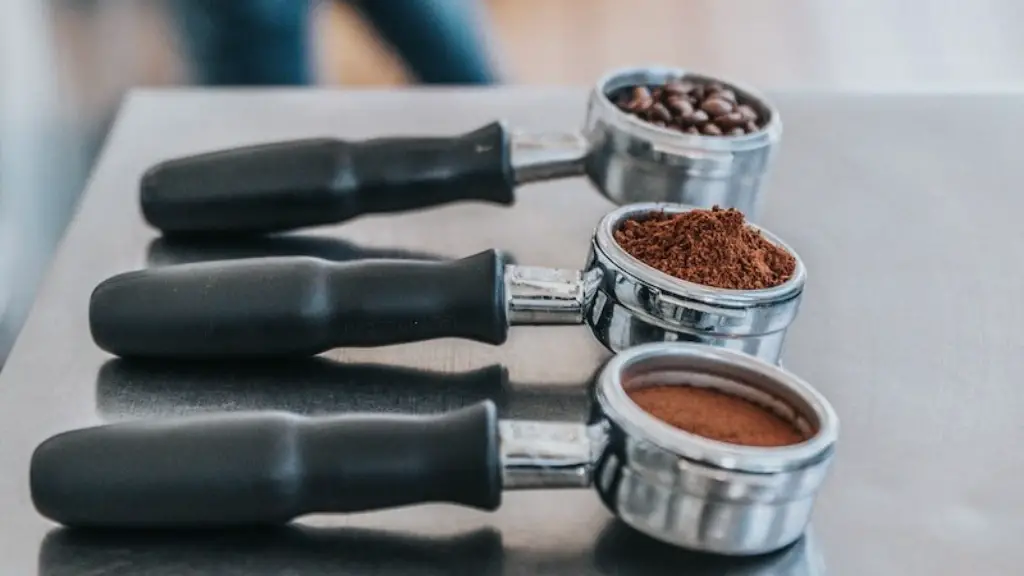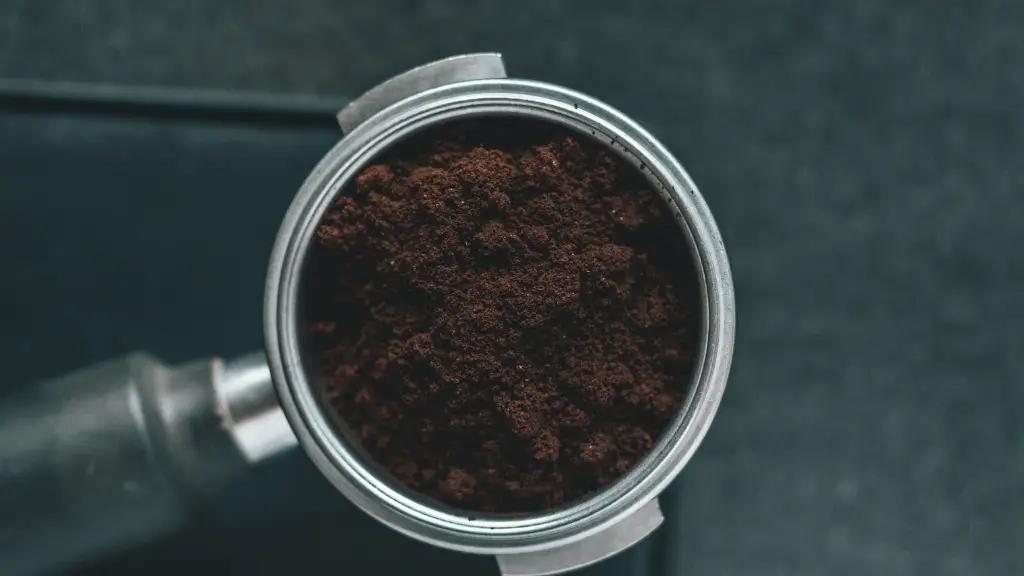Overview
There can be a need to take thyroid medication if someone has an existing thyroid problem or to prevent the development of a condition. For the individuals that take this medication, the question is, how long after taking thyroid medication can I drink coffee? There are a few important considerations when addressing this question. Knowing the effects that caffeine has on thyroid medications and the effects of both on the body can help give a more informed answer.
Caffeine and the Effects on Thyroid Medications
Caffeine can have a direct effect on drugs commonly used to correct or prevent thyroid conditions. In general, caffeine can not only reduce the absorption of thyroxine, but it can also reduce the rate at which thyroxine is absorbed into the body. Consequently, caffeine intake can lead to ‘undesired pharmacological effects.’ Therefore, it is recommended that those on thyroid medications wait a certain amount of time after taking the medications before drinking coffee.
Effects of Caffeine and Medication on the Body
For those taking medications and caffeine, it is important to understand the effect that these can have on their body. Caffeine is a stimulant, which can affect people differently. While some may not feel the effects, some people can experience increased heartrate, difficulty concentrating, elevated anxiety, restlessness, dehydration, and more if they were to consume too much caffeine. Additionally, the medication can cause some side effects as well. Some of the more common ones are headaches, diarrhoea, and joint pain.
Expert Opinion
Experts suggest that individuals should wait at least an hour after taking the medication before drinking coffee. This can help ensure the most effective absorption of the medication and that it does not react poorly with the caffeine.
Personal Considerations
When dealing with the effects of medications and caffeine, it is important to take into account the person’s individual situation as well. For those that already experience some side effects from the medication or from caffeine, it may be best to wait longer than an hour between taking the medication and drinking coffee. Additionally, for those that experience a high number of side effects from caffeine, it is best to limit the amount of caffeine that is consumed.
How Caffeine Affects Sleep
Drinking coffee in the morning can be beneficial for those with thyroid conditions, but drinking coffee too close to bedtime can reduce quality of sleep in those that consume caffeine. It takes approximately 8.5 hours for half of the caffeine to be obliterated from the body. Therefore, those that drink coffee after 3 pm will likely not be able to fall asleep until beyond 11 pm.
For most people, it is suggested to not consume caffeine 6 to 8 hours prior to bedtime. However, given the effects of caffeine on the body may vary for each individual, it is best to tailor the routine to fit the person’s lifestyle best.
Considerations for Different Kinds of Coffee
It is important to distinguish between the kinds of coffee as well. While some people will drink a single cup of coffee in the morning, others may indulge in energy drinks, espresso drinks, and more. Most energy drinks contain significantly higher amounts of caffeine compared to a single cup of coffee. It is recommended to look up the contents of a drink before consuming it.
Additionally, it is also important to note that some coffee may contain additional ingredients aside from just coffee. For example, some creamers contain more than just cream and sugar. As a precaution, it is best to check the ingredients list if possible.
Alcohol and Coffee
Alcohol consumption, including beer and wine, can also cause a reaction when combined with coffee. Both, caffeine and alcohol, are diuretics and can lead to dehydration if consumed together in excess. Beer, and other forms of alcohol, can also slow down the absorption of some medications. Furthermore, it is important to check the caffeine and alcohol content of a beer before drinking it.
For those taking thyroid medications, it is recommended to not combine alcohol and coffee. It is best to wait about two hours between the consumption of either one.
Managing Side Effects
If individuals experience vomiting, inflammation, skin rashes, or other side effects when consuming coffee and medications, it is suggested to reduce the intake of both. If the symptoms persist, it is best to consult with a doctor.
If a person experiences these issues due to a specific ingredient in the coffee or medication, it is suggested to start with a different product or to reduce the amount of both that is consumed. Furthermore, it is important to watch the timing of when both are consumed as this can alter how the combination affects the body.
The Effect of Caffeine on Medication
Caffeine can have a negative effect on the absorption of thyroid medications and may lead to ‘ undesired pharmacological effects” if consumed too close to taking the medications. It is recommended to wait at least an hour after taking the medications before consuming caffeine. Furthermore, it is important to take into account a person’s individual situation, as well as the ingredients of the coffee.
Additionally, it is best to not consume coffee too close to bedtime, as it can affect sleep quality. For those that also drink alcohol, it is best to not mix the two together and to wait around two hours between consumption of either beverage.





